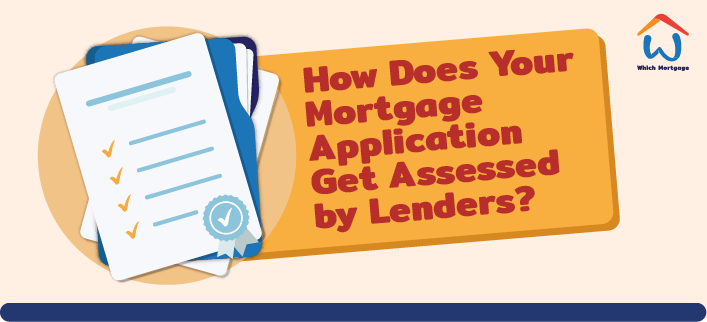Lenders gauge your mortgage affordability based on your income which means that your income should support your desired mortgage amount. This ensures responsible lending aligned with your monthly repayment capacity. Typically, lenders consider your gross annual income, and some lenders may consider any bonuses or overtime you may earn. However, discretionary bonuses may be excluded by certain lenders. Your
mortgage specialist will walk you through what income will count towards your mortgage application being viewed favourably.
Further, lenders also consider your job status and generally view you as a stable candidate when you are in full-time permanent employment or self-employed. It is therefore important that you provide sufficient information to show that you have a steady income.
Your savings will contribute towards your
mortgage deposit, and the higher your deposit, the less you will need to borrow which will make your mortgage more affordable. Additionally, if you can demonstrate a history of saving it will also reassure your lender that you are responsible with money and accordingly a good candidate for a mortgage. Even modest savings can count in your favour if you can provide that you regularly put aside money from your monthly salary.
Since mortgages span several years, your age influences the mortgage term. A lender will look at your proximity to retirement. Most lenders will only offer a mortgage up to the age of 66 or 67, meaning that if you want to take out a mortgage over 30 years, for example, you will have to apply well before you turn 40 years old.
Excessive outstanding loans affect your borrowing capacity and may make it challenging to get a mortgage as lenders may perceive you as a higher risk. However, paying off all your debt prior to applying for a mortgage may not be possible, so it's best to reduce your debt, especially credit card debt, as much as possible to enhance your mortgage prospects.
In considering whether you will be able to afford your monthly mortgage repayments, your lender will look at your monthly living expenses. These expenses are taken into account because you will continue paying them in addition to your mortgage payments. Your monthly expenses would include costs such as ongoing childcare costs, monthly bills, and similar expenses.
Your credit history is a critical part of your mortgage application. Lenders scrutinise your credit history and identify potential financial concerns, like missed payments. Making certain that you stay up to date with all your repayments will ensure a strong credit history. If you have had some difficult financial times in the past, this does not automatically preclude you from applying for a mortgage, although it is important that you are upfront with your mortgage specialist so that we can give you the correct advice to get your credit history back on track. It can typically take 6 months to strengthen your credit history.
The amount you are borrowing
The difference between your saved deposit and the house you wish to purchase determines the amount you will borrow.
First time buyers are required to have a minimum deposit of 10%, however, larger deposits reduce borrowing and subsequent repayments.
Where saving for your deposit is challenging, you can apply for a tax refund under the
Help to Buy Scheme and receive up to €30,000 to help raise your deposit. Additionally, where there is a shortfall between your deposit, mortgage and the home's purchase price, you can also apply for relief under the
First Home Scheme to fund the shortfall.
Where you are applying for your mortgage with another person such as your spouse or partner, the lender will also need their details. Each applicant who will appear on the mortgage documents will have to provide personal and financial information when submitting the
mortgage application.




